
I only ever felt truly alive and free when passing from darkness to light or on taking flight from a dingy prison cell like a firebird.
GYÖRGY CZIFFRA

I only ever felt truly alive and free when passing from darkness to light or on taking flight from a dingy prison cell like a firebird.
GYÖRGY CZIFFRALadies and Gentlemen, Everybody needs heroes, children and adults alike – after all, we all want to do good, to help or to create something long-lasting for our successors to build upon. The hero possesses something of the treasure we all seek. The fact that he shares his values with his fellow human beings instead of saving it all for himself bespeaks his greatness. My hero is György Cziffra. He shines above my life and career like a guiding star. His spiritual legacy, his astounding musical talent, his integrity and his selfless desire to help young musicians made him a legend in his lifetime.
The György Cziffra Festival aims to continue all that Cziffra created and dreamed of in France: a series of concerts, master classes, musical competition and an opportunity for young performers to make themselves known to the audience.
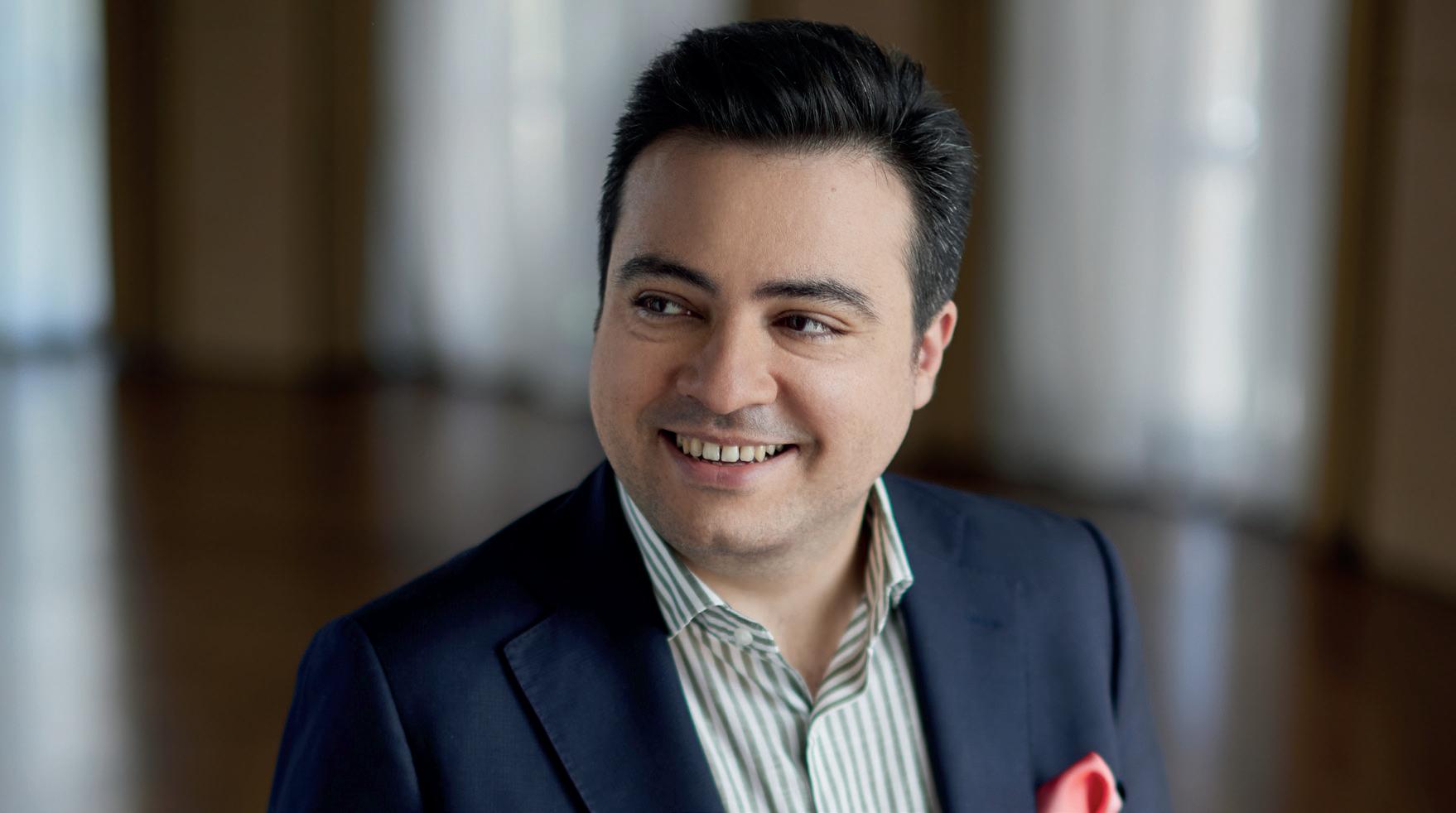 JÁNOS BALÁZS
JÁNOS BALÁZS
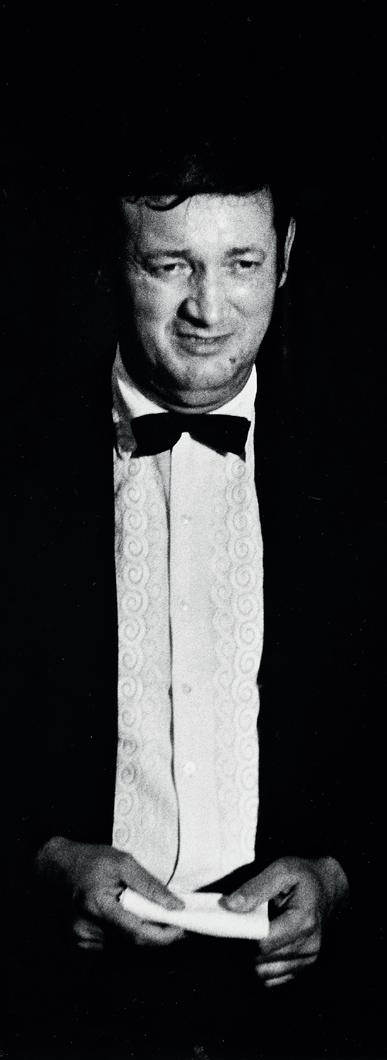
BUDAPEST, 5 NOVEMBER 1921 –LONGPONT-SUR-ORGE, 15 JANUARY 1994
World-renowned Hungarian-born pianist and virtuoso
György Cziffra was born into a family of Gypsy musicians. His father, György Cziffra Snr., played the cimbalom. He started studying at the Liszt Academy at the age of eight, where his teachers included Ernő Dohnanyi, Leo Weiner, György Ferenczy and Imre Keeri-Szanto. The young pianist attained a string of successes.
In 1943 he was called up and ordered to the front and in 1950 he was imprisoned for attempting to defect. In the wake of the 1956 Uprising he settled in Paris where he became the master of Romantic piano literature (Schubert, Chopin, Liszt, Brahms, Rachmaninov).
Cziffra soon became one of the most sought-after pianists of his day; both orchestras and concert halls competed for his performances, like the Carnegie Hall, the Royal Festival Hall, the Hollywood Bowl or the Tonhalle. In 1969, he founded his own international music competition in Versailles. He had the ruined royal chapel in Senlis renovated and transformed into a concert hall, which he then named after Franz Liszt. He also established his foundation for the support of young and talented artists.
Cziffra’s legacy is far more than his recordings, charitable activities or the prowess he passed on to his students. In the footsteps of Liszt and Dohnányi, he represents a performance tradition, free from the “sterility” of CD recordings and is full of the vivid virtuosity of improvisational ease and the natural ability to synthesise various musical styles, which made the play of the great 19th-century performers so lively and unique.
György Cziffra’s wonderful and unique career, his knowledge, personality and tireless work for young people remain an example to this day.
Prizes
1956 Liszt Prize
1986 Honorary citizen of Kőszeg
1993 Officer Grade of the Legion d’honneur
1993 Honourable Order of the Cross of the Republic of Hungary
The György Cziffra Festival was founded in Budapest in 2016 by the Kossuth Prize-winning concert pianist and Young Steinway Artist Janos Balazs with the intention to commemorate a Hungarian pianist of extraordinary talent, György Cziffra. The main idea behind it was to organise a series of classical music concerts that would pass on the romantic spirit that the master had represented. The events of the festival create a bridge between various genres and art forms. In addition to classical performances, the programme also features jazz and improvisational concerts, applied art exhibitions, lectures on science and art history and the worldwide popular Hungarian Gypsy music.
The festival places special emphasis on the support of young talents, also providing them with concert opportunities and masterclasses The festival is also committed to offering awards to encourage young talents starting their careers as well as to recognise – both morally and financially – human achievements producing the highest cultural values. Besides prominent Hungarian artists, the renowned performers of the festival come from all over the world. In recent years, some of our guest artists were Evgeny Kissin, Pierre-Laurent Aimard, Mischa Maisky, Vadim Repin, Arcadi Volodos, Jose Cura and Tamas Vasary, who are all heirs to the legacy which creates masterpieces through sound, in which the audience and the artist become united.
The Cziffra Festival has become one of the most popular and prominent event series in Hungary. Its programmes are hosted annually by the Liszt Academy Budapest, the MOM Cultural Centre, Müpa and other notable venues. In the past two years, the festival also crossed borders: in 2021, more than 160 concerts, exhibitions, lectures and other events took place in 17 countries and 47 cities within the framework of the international memorial year organised for the 100th anniversary of György Cziffra’s birthday. The international presence continues with collaborating partners in the future so that the audience can encounter the programmes of the Cziffra Festival in a number of European countries.
During the Festivals, dozens of artists have taken to the stage to pay tribute to György Cziffra – musicians and non-musicians alike, who we can rightly be called the legends of our time: Martha Argerich, Mischa Maisky, Denis Matsuev, Mikko Franck, Fazil Say, Gábor Takács-Nagy, Peter Eötvös and other great stars of the international music and art scene.
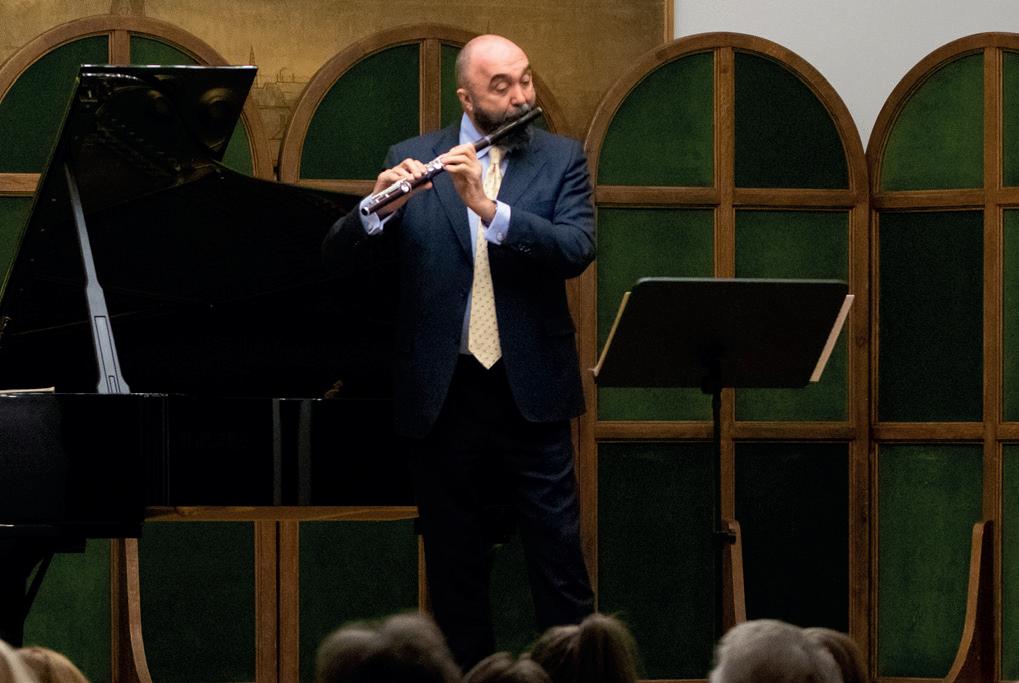
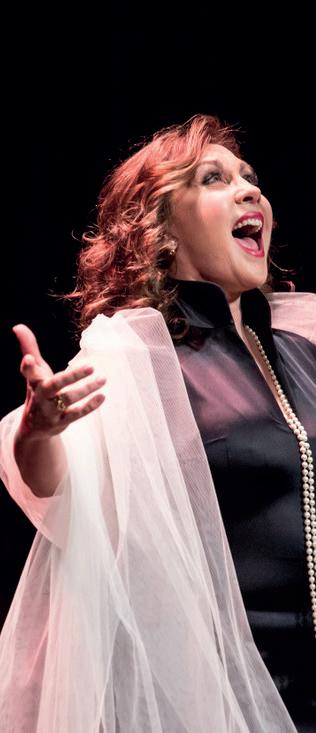

What binds them to Cziffra and one another? Mainly the performance practice that they all inherited and share, which deeply respects the composer’s intentions, yet will not “fossilise” into musical sculptures. While they are well aware that there is no such thing as “perfect” interpretation, they allow space for the performer’s personality and the magic of the moment.


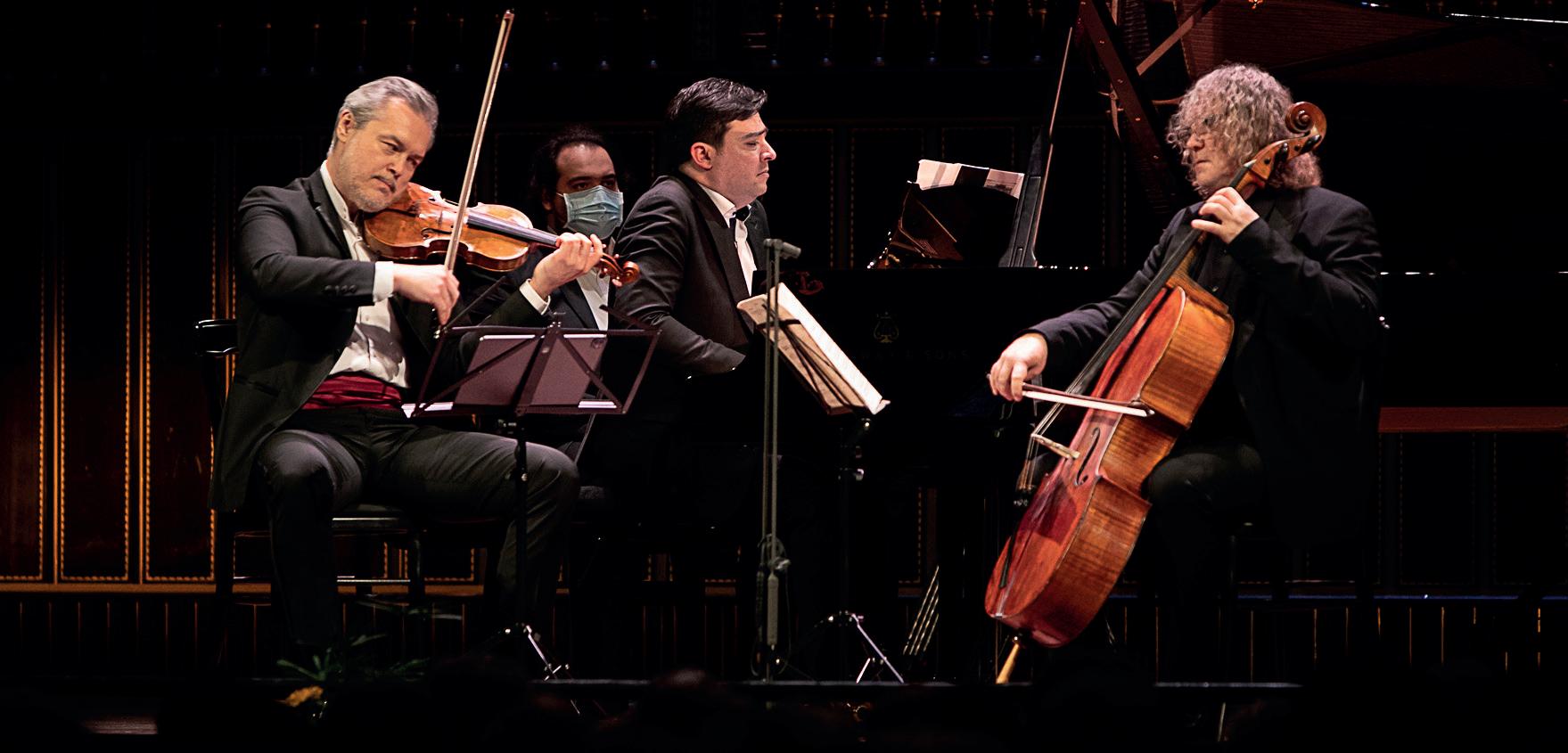


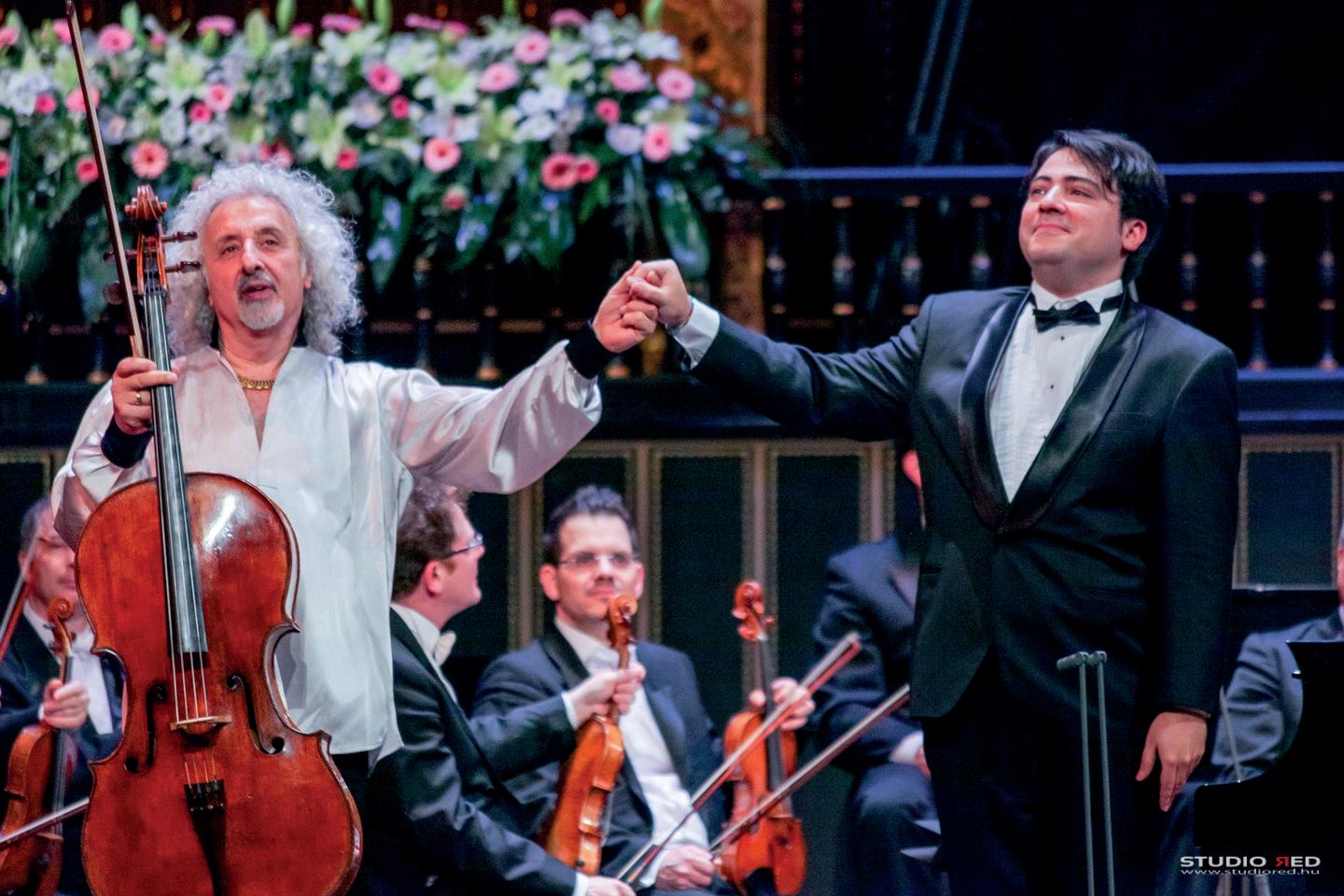
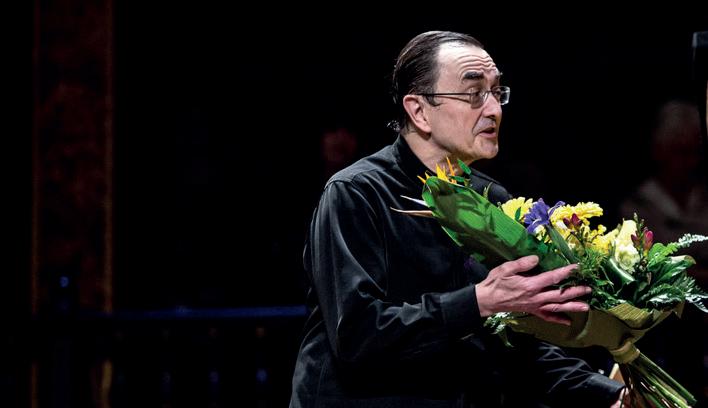
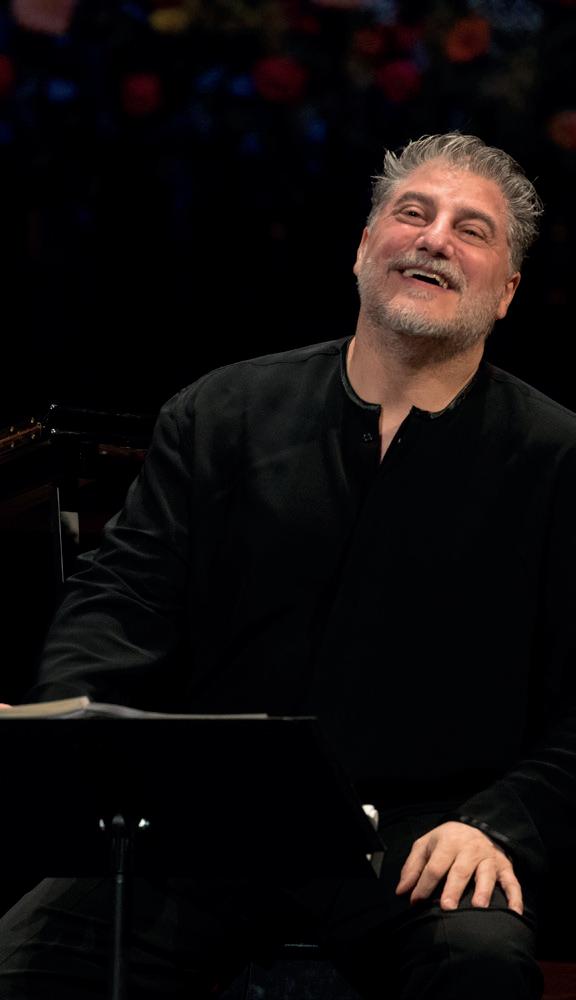
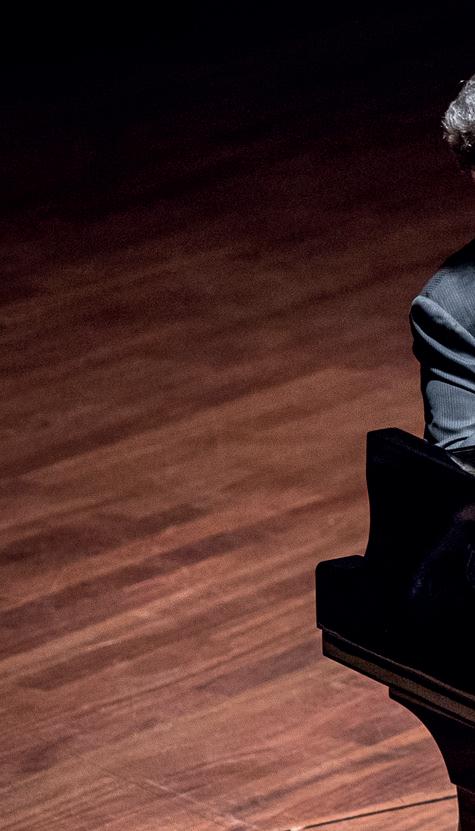
ARCADI VOLODOS (2018) - BUDAPEST, MÜPA
ISTVÁN VÁRDAI (2019) - BUDAPEST, LISZT ACADEMY OF MUSIC
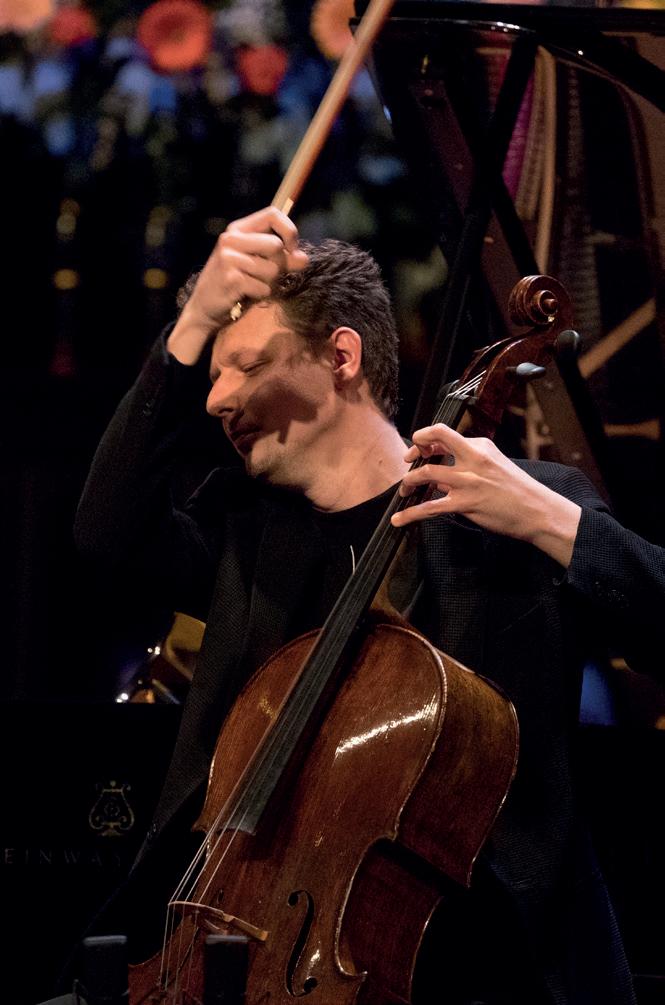

MARTHA
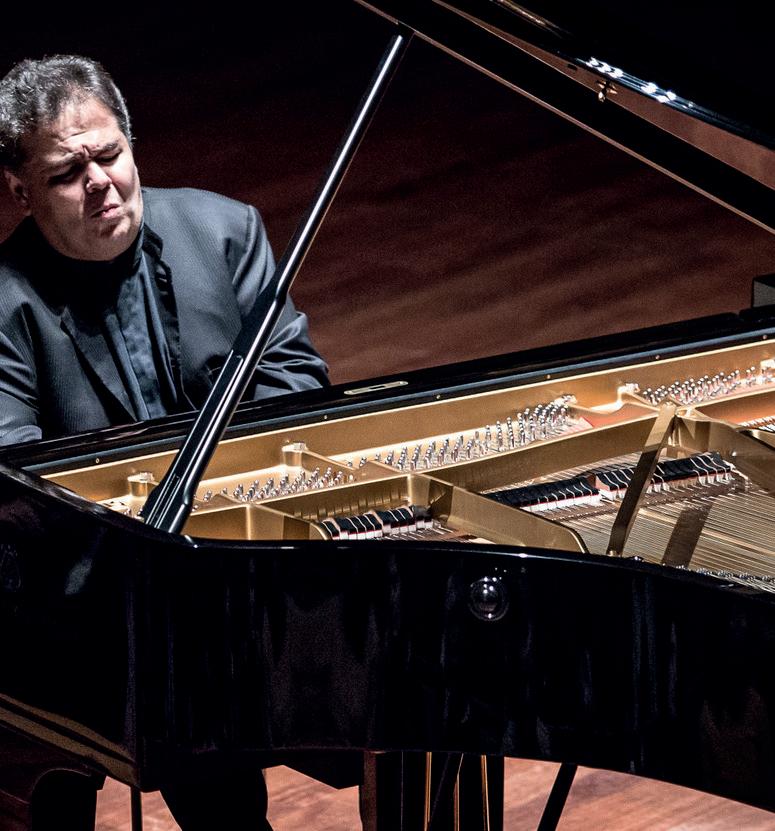
Challenging boundaries has always belonged György Cziffra’s ethos. The art of improvisation is precisely about this inner freedom; when the emotions of the performer take shape as notes, they reach from the heart to the fingers, from the fingers to the keys and then the hammers that strike the strings. In improvisation, the player becomes unique, inimitable, special in themselves, as they become identical with what they are playing. Liszt, Chopin, Cziffra and the Romantic pianists knew this, and our performers also know this, and enjoy this freedom on stage.

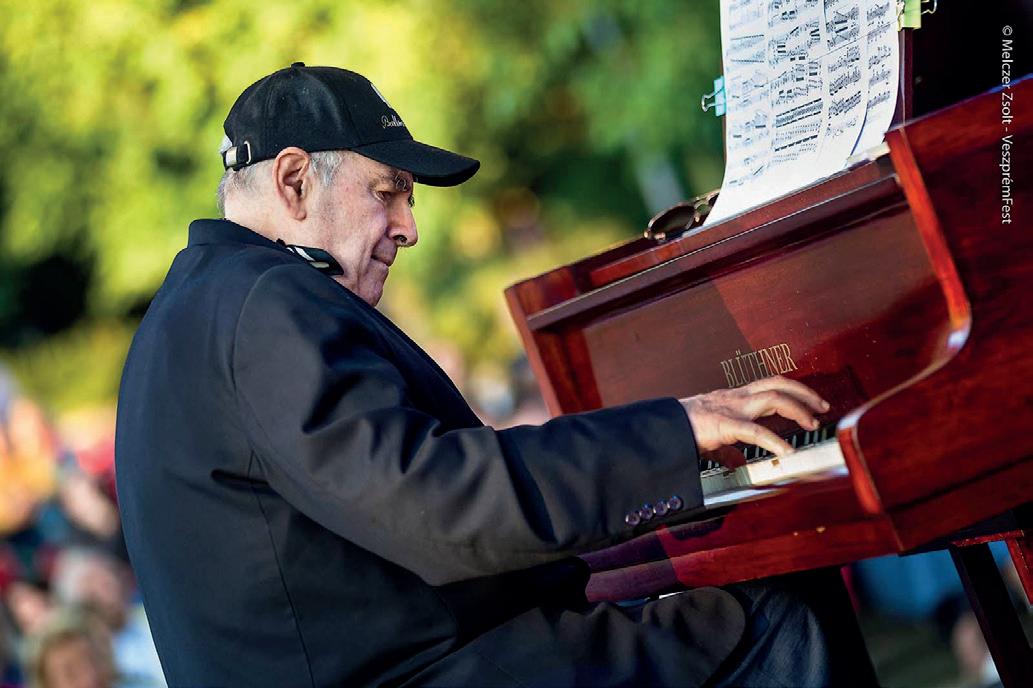

A particular aim of the Festival is to span a bridge between genres and art forms. Besides classical music concerts, also jazz, folk music as well as cross art-forms and various academic disciplines are featured in the programme. It was the great pianist’s vision that “the day will come when the representatives of various art forms (…) will walk hand in hand…”
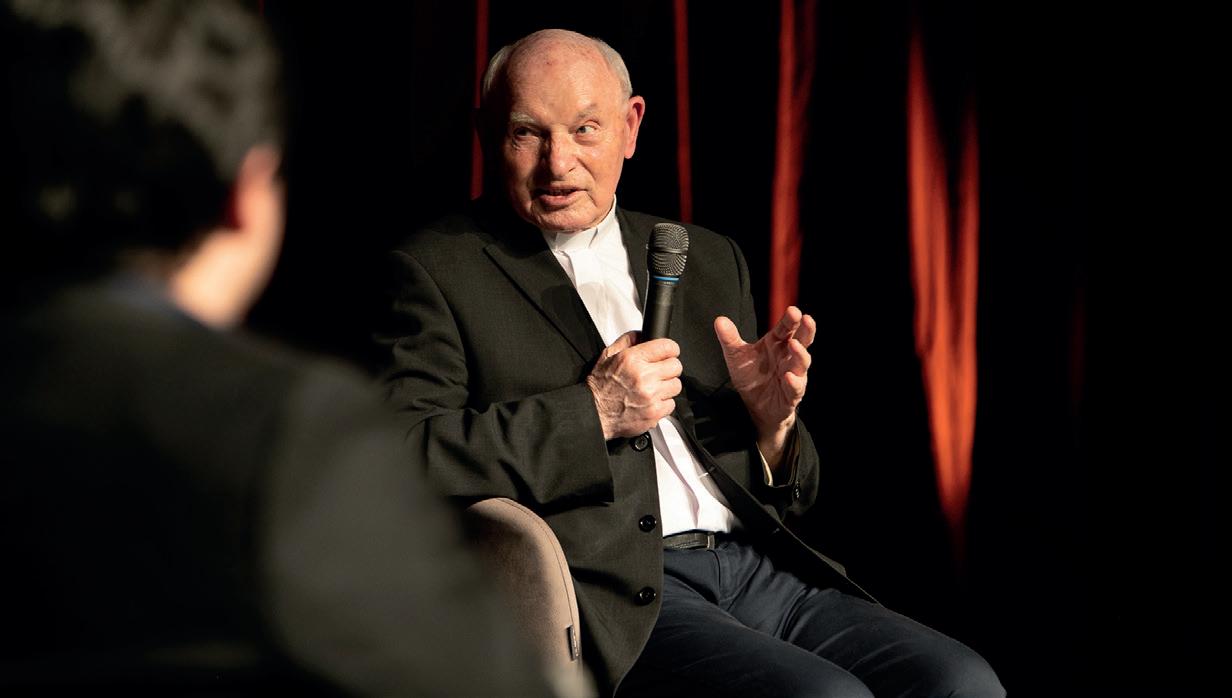
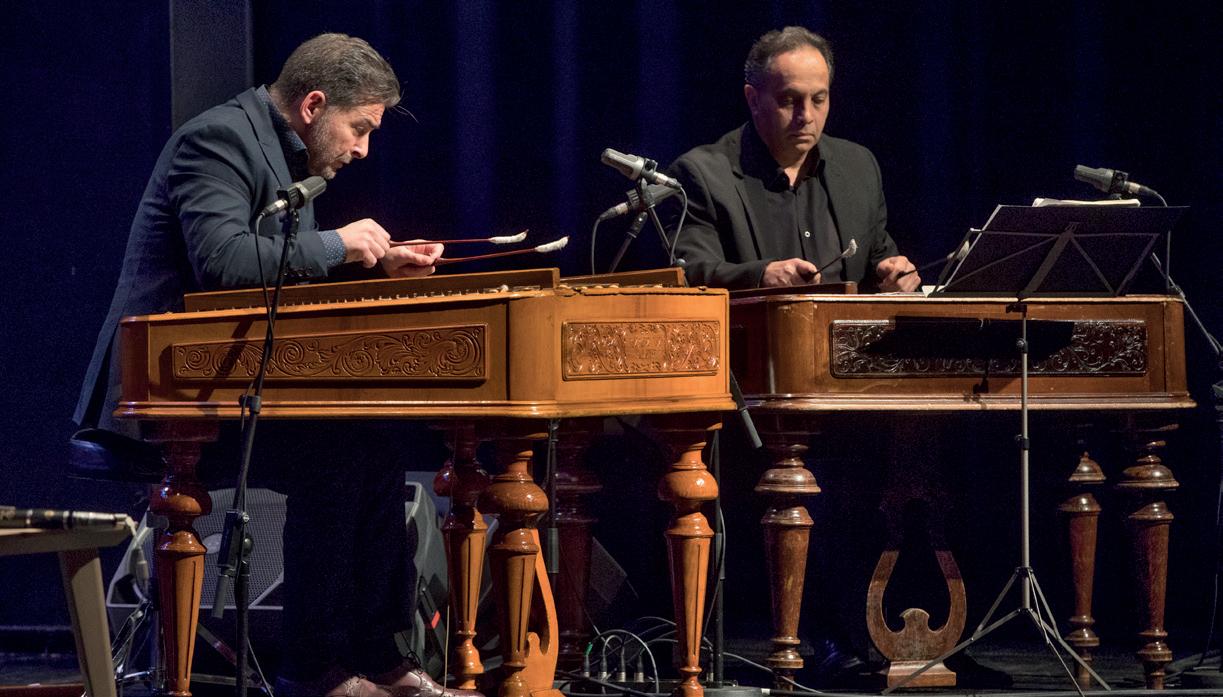



Cziffra really felt the need for talent fostering, and this might have been the motivating force behind his foundation and scholarship. This is why he had the early Gothic Chapelle Royal St Frambourg in Senlis restored, which was by no means a simple undertaking. Walking in Cziffra’s footsteps, during the Festivals, young talents are placed in the limelight by receiving the opportunity to take to the stage in Hungary and abroad.
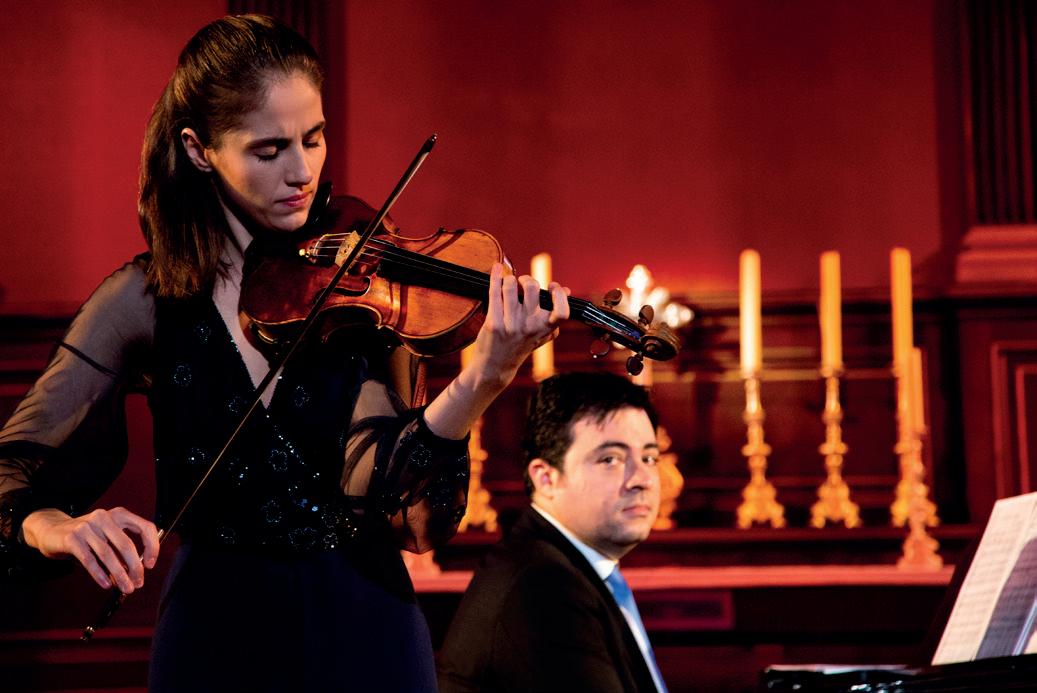
György Cziffra toured the world’s cities, and now nearly all culturally important cities of the world are celebrating with us. Primarily, Cziffra’s second home, France (Paris and Senlis), but concerts have been held also in New York, London, Vienna, Prague, Stuttgart and Oradea. A series of Hungarian and international partner organisations are behind the events of the Festival, and numerous cultural institutions have taken their share in the noble mission representing Cziffra’s legacy.
17 countries
48 cities more than 20 international partners
HUNGARY FRANCE GERMANY EGYPT SWITZERLAND AMERICA
ROMANIA ∙ KOSOVO ∙ AUSTRIA ∙ CZECH REPUBLIC ∙ GREAT BRITAIN
SLOVENIA ∙ CROATIA ∙ ITALY ∙ NETHERLANDS ∙ QATAR ∙ POLAND ∙
SLOVAKIA ∙ BELGIUM
BUDAPEST ∙ PARIS ∙ SENLIS ∙ LONDON ∙ GENEVA ∙ NEW YORK ∙ VIENNA
PRAGUE ∙ WAIBLINGEN ∙ STUTTGART ∙ PASSAU ∙ ALEXANDRIA ∙ LUTRY
SZATMÁRNÉMETI ∙ BUCHAREST ∙ TEMISVÁR ∙ NAGYVÁRAD ∙ PRISTINA
TEPLICE ∙ DOHA ∙ PRISTHINA ∙ GUTA ∙ TURIN ∙ ROMA ∙ CASTEL ∙
GANDOLFO TEANO ALBANO BRUSSELS FORLI IMOLA ISTANBUL
LJUBLJANA ZAGREB AMSTERDAM VESZPRÉM PÉCS SZEGED
KŐSZEG ∙ SOPRON ∙ DEBRECEN ∙ MISKOLC ∙ NYÍREGYHÁZA ∙ KESZTHELY
AJKA ∙ MARTFŰ ∙ SZEKSZARD ∙ KISKUNHALAS ∙ ZALAEGERSZEG
UNESCO ∙ FONDATION CZIFFRA ∙ MÜPA ∙ LISZT ACADEMY OF MUSIC ∙
MOMKULT ∙ HUNGARIAN ACADEMY OF ARTS ∙ FRANZ LISZT SOCIETY ∙
ORCHESTRE PHILHARMONIQUE DE RADIO FRANCE ∙ CHOPIN FESTIVAL PRISTINA ∙ CZIFFRA STIFTUNG ∙ PRODUCTIONS INTERNATIONALES
ALBERT SARFATI ACCADEMIA NAZIONALE DI SANTA CECILIA LISZT
FESTIVAL ALBANO EMILIA ROMAGNA FESTIVAL SERATE MUSICALI
ASSOCIAZIONE LINGOTTO MUSICA ∙ OLD&NEW SAS

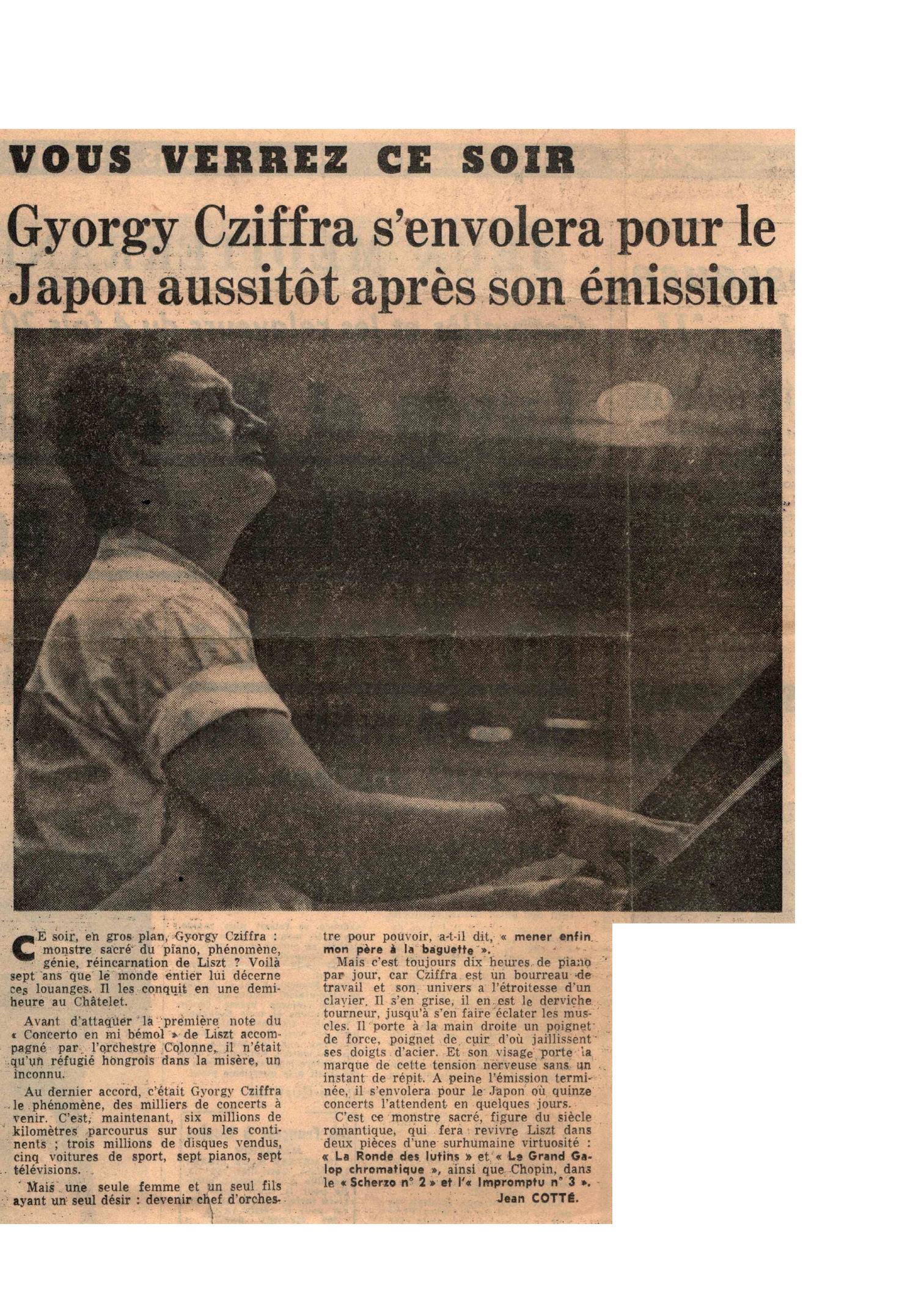
János Balázs is a Kossuth Prize-winning Hungarian pianist and a regular performer at world-class music venues, also artistic director of the György Cziffra Festival.
He is keen to demonstrate his improvisation skills in various areas beyond the classical stage, such as jazz, world music, or folk music, which is always imbued with classical music’s values and the 20th-century tradition of improvision.
Music critiques highlight the delicacy and diverse colours of his piano playing, his unlimited dynamic scale and his fascinating virtuosity. Attending János Balázs’ concerts is a genuine time travel, as he evokes with full force the intimate ambience of the composers and pianists of the so-called 19th century golden age, like Franz Liszt or Frédéric Chopin.
He is a returning artist of the Concertgebouw, Amsterdam, the Tchaikovsky Conservatory, Moscow, the Cologne Philharmonic, the Liszt Academy and MüPa in Budapest. He has given celebrated concerts on the stages of the Cité de la Musique, Palau de Musica, Barbican Centre, Wiener Konzerthaus and the Royal Conservatory. He recently collaborated with such famed orchestras and conductors as Peter Eötvös and the Orchestre de la Suisse Romande, Iván Fischer and the Royal Concertgebouworkest, Mikko Franck and the Orchestre Philharmonique de Radio France.
János Balázs is a born soloist who also received the ECHO (European Concert Hall Organisation) Rising Star “Artist of the Season” Award. He is well able to hold the attention of the audience by himself. Nonetheless, chamber music also plays a central role in his art, where he can delight his listeners with glamorous, sparkling and outof-the-box performances alongside friends of a similar mindset and orientation, such as Mischa Maisky, Vadim Repin, or Jose Cura.
As a graduate of the Budapest-based Liszt Ferenc Academy of Music, János Balázs finds it crucial to pass on Liszt’s tradition to future musicians. Some major universities of the world have taken notice of this mission of his, and he has been invited by the Conservatiore Royal de Music de Brussels, the Aimart - Accademia Internazionale di Musica e Arte and the Canadian McGill University, the Shenyang Conservatory of Music, the Hanoi Conservatory of Music to give masterclasses. He was also appointed professor of the Liszt Academy.
In 2016, János Balázs founded the György Cziffra Festival. 2021, the 100th birthday of György Cziffra was declared an official memorial year by the Hungarian Government, with János Balázs as its artistic director and in collaboration with Unesco.
János Balázs is an awardee of nearly all professional and state accolades. He is so far the youngest recipient of the prestigious Kossuth Prize, and as such, he is in the same league as musicians like György
Ligeti, György Kurtág, András Schiff or Iván Fischer. His Young Steinway Artist title and the accolade of the State of Poland stand out from his international awards, the latter being conferred upon him for the performance of Frédéric Chopin’s complete works.

Excerpt from the interview with TAMÁS VÁSÁRY Cziffra Experiences III (Fidelio, 6 February 2016) GÁBOR MESTERHÁZI
– How did you come into contact with György Cziffra?
– During the 1950s, when my parents were resettled, I developed a close friendship with Illes Ravasz, who worked at the Muzsika Hangverseny Company (predecessor of the Filharmonia). He tried to defect but was caught and spent two years in Sopronkőhid prison along with György Cziffra. Later we went to concerts together and heard the first solo recital by Emil Gilels in Hungary. I was overwhelmed by his technique. Ravasz had this to say: I know someone whose technique is even better than Gilels – his name is Gyuri Cziffra, and if you want to hear him let’s go to the Kedves. Cziffra played there, earning his keep in nightclubs. While seated in the dining room I heard that there were two fantastic pianists playing arrangements for four hands and I asked: who’s the other one? It turned out there wasn’t anyone else…
Cziffra produced an incredible orgy of sound from the piano. He greeted Illes warmly and from then on we regularly went there to hear him play – I’ve never heard the like since. How he improvised – he would ask somebody to give him a theme, opera aria, hit tune and he would improvise on it, to the required length. He played so fast that I couldn’t figure out what he was doing. But it was not only fast but superb music. Incredible tone, there was electricity in the play, sparking with chord changes and ideas...
– Is there a side to Cziffra that we don’t know?
– I heard slow pieces, classics from him. I always liked those. Improvisations, arrangements: simply fantastic. His Chopin and Liszt were amazing, nobody ever played Schubert’s Moments Musicauxin F minor with such deep sorrow, with such conviction, and I have heard his beautiful Beethoven ‘Pathetique’ sonata. I think he should have recorded more classical works, but his record company considered that they could get the most out of him in the shortest time by concentrating on the virtuoso repertoire.
He was among the first in Hungary to learn Bartok’s second piano concerto; he had a fantastic memory... It was not so much his speed in playing as the electricity behind it, the personality that was magical. He has had a huge influence both on audiences and his fellow musicians. Added to which, he was a very nice man. Modest, although he knew precisely who he was. I cannot imagine that he would have hurt anybody. He helped young people at his festival in Senlis. I feel privileged to have known him personally.
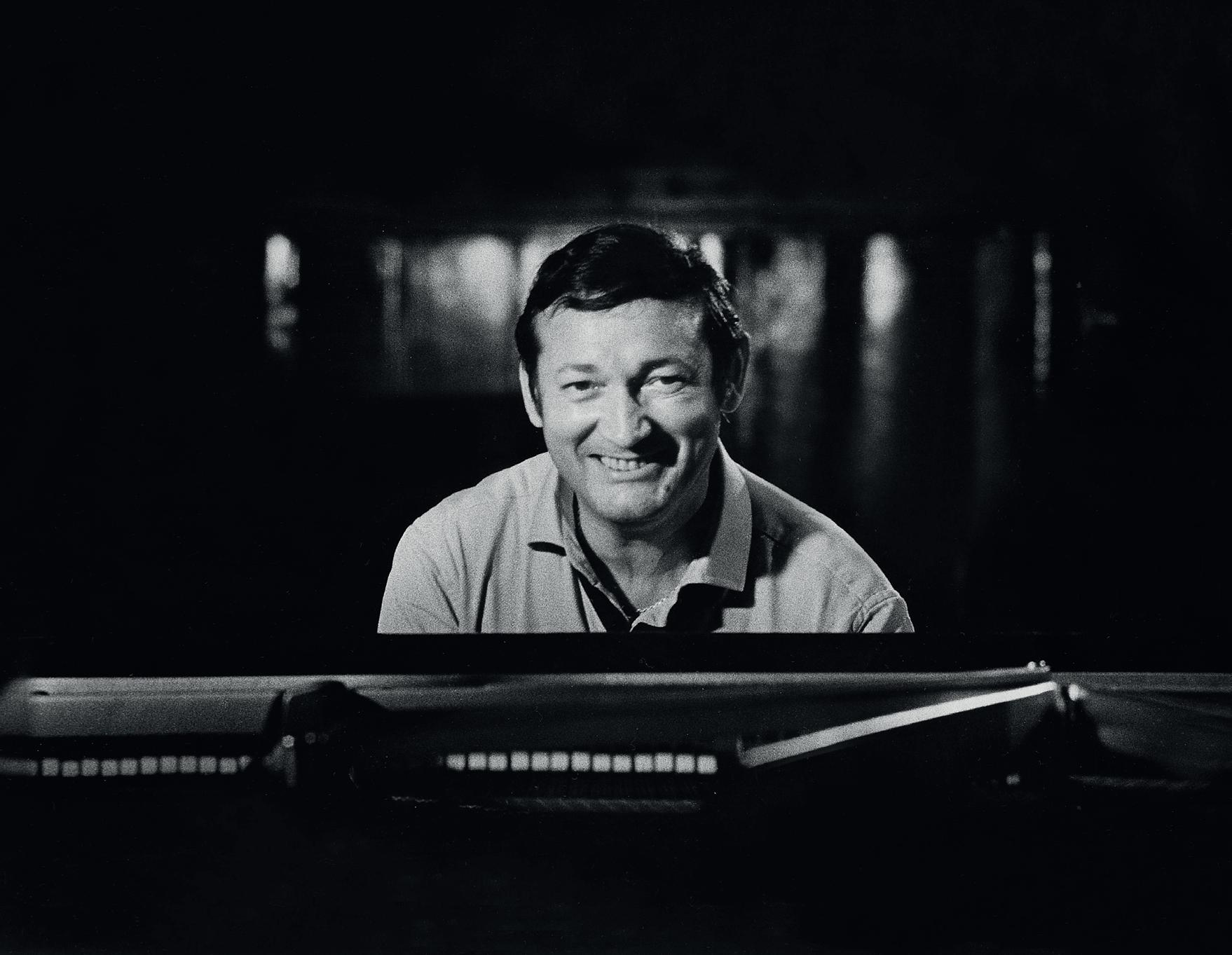
I heard that there were two fantastic pianists playing arrangements for four hands and I asked: who’s the other one? It turned out there wasn’t anyone else…/photo: Albert Kresz/
cziffrafesztival.hu
CONTACT management@cziffrafestival.hu + 36 30 468 8898
PUBLISHER: Besszer Koncert Ltd.
EDITOR: Szilvia Besszer, Anita Kántor, Judit Mihalcsik
PRINT PREPARATION: Nebula Workshop
PHOTOS BY: Mihály Kondella, Albert Kresz, Hajnalka Berta, Mátyás Szöllősi, Eszter Asszonyi, László Emmer, János Posztós
WE RESERVE THE RIGHT TO MAKE CHANGES
2023